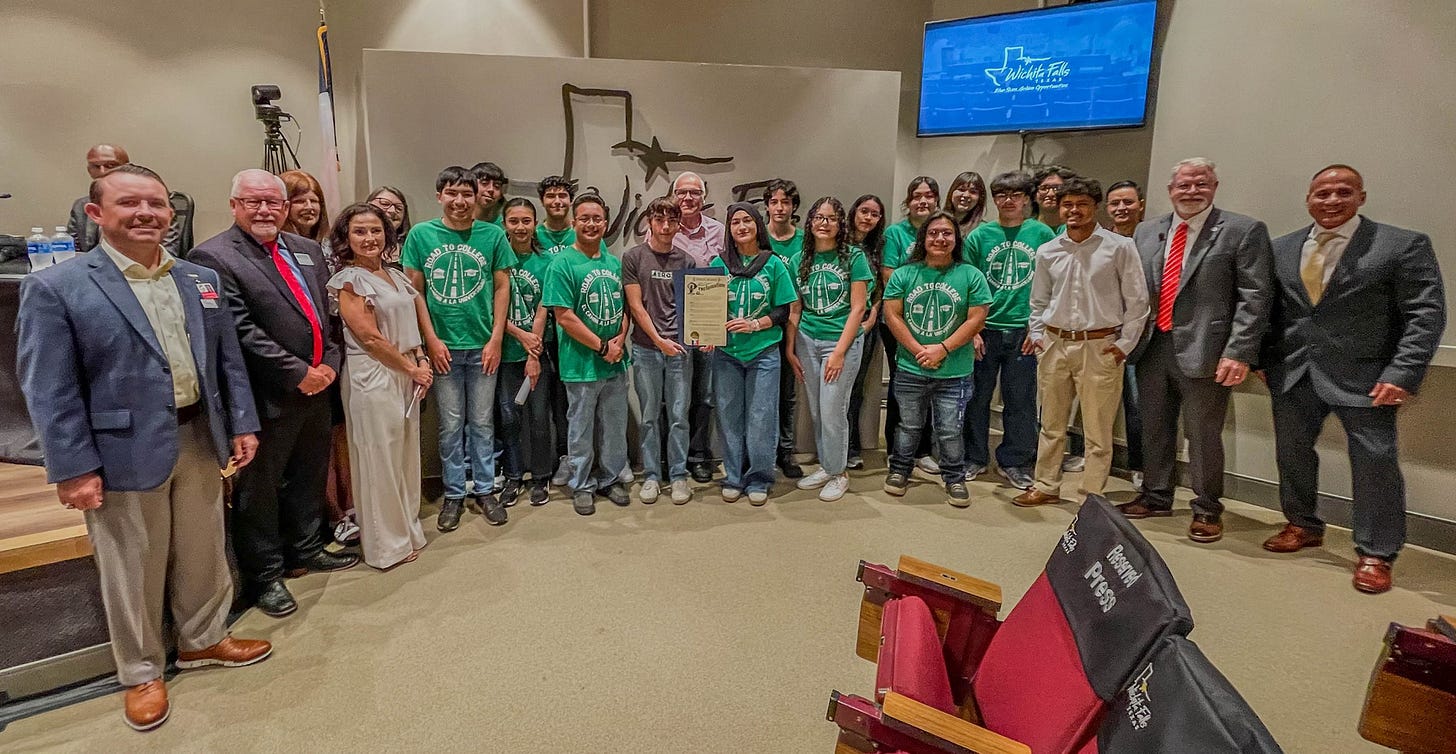Paying It Forward: Leaders don’t have bad days #139
Maintain passion for success in the face of adversity. Show up early, stay late, do the right next thing. Inspiring others builds teams, teams change the world.
Jack Browne, Wichita Falls Times Record News edition, Sunday November 10, 2025
I spent 40 years in semiconductor sales and marketing. My teams drove the revenue that grew our companies, maintaining a leading position in markets that expanded 25% to 50% per year.
That kind of growth doesn’t happen by accident. It takes relentless execution, deep customer empathy, and a team that believes in the mission. But more than anything, it takes leadership that shows up — every single day.
One of the most important lessons I learned over those four decades is this: Leaders don’t get to have bad days.
That doesn’t mean we don’t have them. We’re human. We get tired. We get frustrated. We lose deals. We miss forecasts.
But when you’re the one people look to for direction, energy, and belief, you don’t have the luxury of letting a bad day spill over into your leadership.
I remember one quarter when our team was chasing a massive design win with a top-tier customer. During a key negotiation, the sales director emotionally argued with his counterpart at the customer and a deal key to the quarter looked doubtful.
His feedback, “I had a bad day, Jack.”
My counter, “David, you don’t get to have a bad day. People’s jobs depend on you closing that deal. How will we recover and close the deal in the next few weeks as committed?”

I asked questions. I listened. I encouraged. I reminded the team why we were in the fight. And we won that deal, not because I had all the answers, but because I didn’t let a bad day overcome our passion to get the job done.
That’s what leadership is. It’s not about being perfect. It’s about being consistent.
When you lead, your presence sets the tone. Your team watches how you react under pressure. They notice if you’re short with people, if you’re distracted, if you’re checked out. And they mirror it. If you’re off your game, they’ll start to wonder if they should be too.
That’s why I say leaders have no bad days. Not because we’re robots, but because we’re responsible for the emotional climate of our teams.
This doesn’t mean faking it. It means managing your energy. It means having the discipline to compartmentalize. It means finding ways to reset — whether that’s a walk around the block, a call with a mentor, or five minutes of silence before a big meeting.
It also means building a team culture where people feel safe, supported, and seen. When your team knows you’ve got their back, they’ll give you grace. But they still need you to show up.
I’ve coached people who are brilliant technologists but struggle with this idea. They think leadership is about strategy or vision. And it is. But it’s also about emotional regulation. It’s about being the calm in the storm, the steady hand and the one who doesn’t flinch when things go sideways.
Because things will go sideways.
Markets shift. Customers churn. Products break. Investors get nervous. And in those moments, your team will look to you — not for magic answers, but for belief, for steadiness and the sense that, even if today is hard, tomorrow is still worth fighting for.
That’s what I mean when I say leaders have no bad days. It’s not about pretending everything is fine. It’s about choosing to lead anyway.
The good news is this kind of leadership is contagious. When you model resilience, your team learns to be resilient. When you show up with purpose, they find purpose in their work. When you lead with optimism, they start to believe in what’s possible.
So the next time you’re having a rough day, ask yourself: What does my team need from me right now? Don’t ask yourself, what do I feel like doing? But ask, what do they need to see?
Because leadership isn’t about how you feel. It’s about how you show up. Leadership is like chess. You think moves ahead knowing what you do influences others in what they see, think and then do.
And when you show up with consistency, courage, and care — even on the hard days — you’re not just leading. You’re paying it forward.
Jack Browne is a community activist and former technology engineer, sales and marketing executive at Motorola and other top tech companies.

